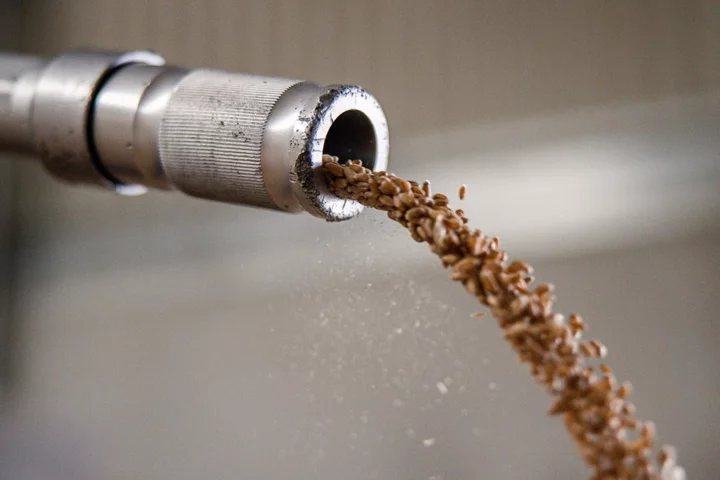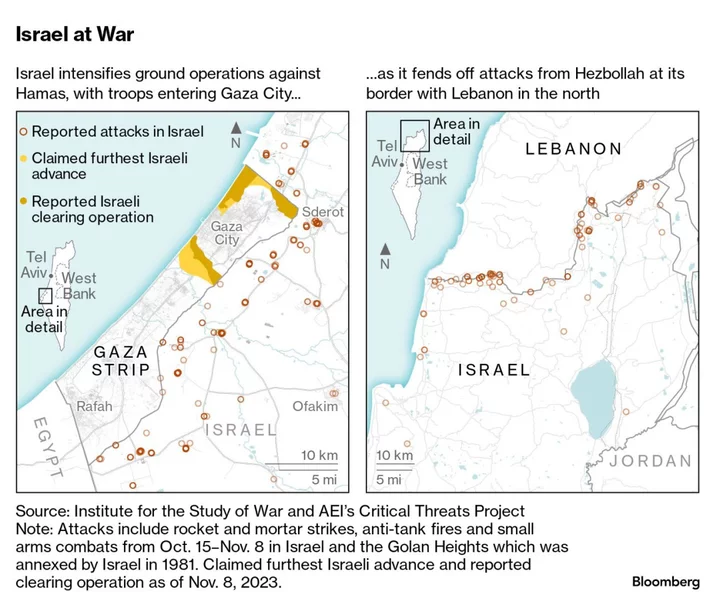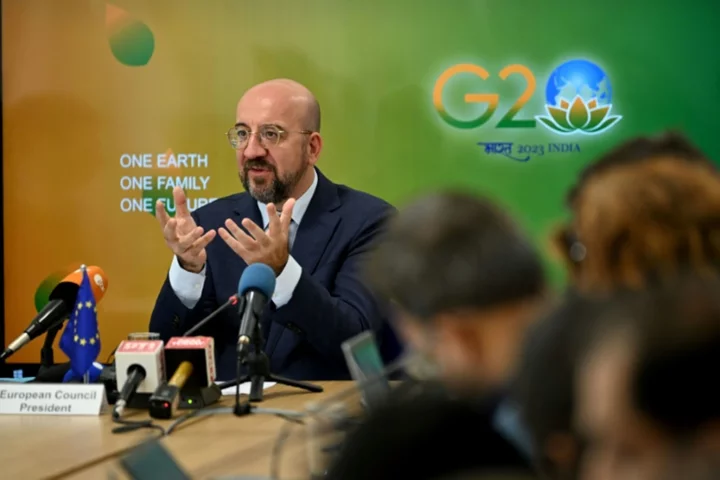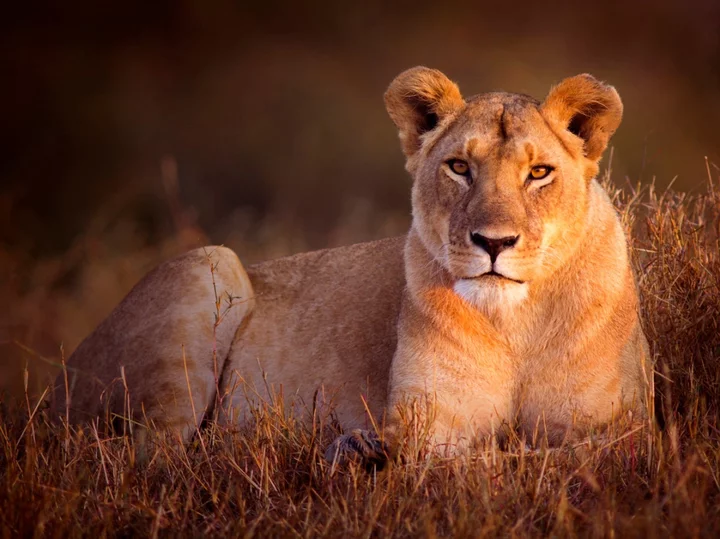Wheat climbed to a fresh four-month high after the armed uprising in top exporter Russia added uncertainty over the outlook for grain shipments from the Black Sea breadbasket.
Russia is expected to be the world’s biggest wheat exporter this season and next, and any shift in its shipments would have a significant impact on global flows. There doesn’t appear to be immediate disruptions to its wheat trade, although the shipping industry will be assessing the safety of operations in the region, said Carlos Mera, head of agricultural commodities market research at Rabobank.
Wheat futures in Chicago rallied as much as 3.2% as traders weighed the implications of the weekend events. The advance puts prices on track for a 29% monthly gain, the biggest since 2015, which has also been driven by dry weather parching US corn and soy crops.
Convoys loyal to Yevgeny Prigozhin, leader of the Wagner mercenary group, advanced toward Moscow on Saturday, demanding the removal of President Vladimir Putin’s army chiefs. A deal was struck to end the insurrection, prompting Prigozhin to halt his assault and agree to go into exile. It represented the greatest threat yet to Putin’s almost quarter-century rule.
The situation could add to worries over the future of the pact that allows Ukraine to ship grain from Black Sea ports. The deal is up for renewal in mid-July and Ukraine’s infrastructure minister last week said he was “not optimistic” over its extension.
“Political upheaval in Russia makes it less likely that they will have time and willingness to sit down at the table and discuss the details of a grain deal,” Mera said by phone.
Wheat was last up 2.5% to $7.6525 a bushel in Chicago.
The rapid chain of events in Russia left the US and Europe trying to comprehend the political implications of a mutiny that opens cracks in Putin’s previously unquestioned authority in the Kremlin. The crisis unfolded amid bitter divisions in Russia over the faltering war in Ukraine, as a Ukrainian counteroffensive tries to push Russian forces out of occupied territories.
Read More: Putin Faces Historic Threat to Absolute Grip on Power in Russia
Risks to the global market “appear much more muted” as Putin remains in control, Erik Meyersson, a strategist at Sweden’s SEB AB, said in a note. Still, the bank now sees a lower probability of a further extension of the Black Sea grain deal in mid-July, adding to the upside for grain prices.
Russia’s agricultural industry is operating normally and production chains are stable, Tass reported Saturday, citing Agriculture Minister Dmitry Patrushev. Chicago corn and soy futures traded little changed Monday.
“If escalation were to increase, things could change,” Kona Haque, head of commodities research at ED&F Man, said on Bloomberg Television with Francine Lacqua. “For now, I think it’s just a wait-and-see approach.”
--With assistance from Áine Quinn.









